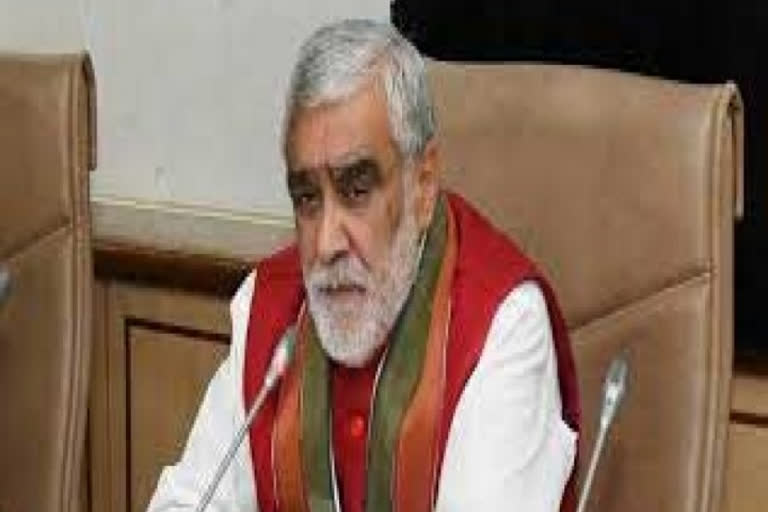New Delhi: Though India is not part of the problem, it has done more than its fair share to combat climate change, the government said on Thursday. Replying to a question in Rajya Sabha, Minister of State for Environment Ashwini Kumar Choubey said historical and current greenhouse gas emissions of the developed countries are responsible for global warming and these countries should, therefore, lead climate actions.
With more than 17 per cent of the global population, India has contributed only about four per cent of the global cumulative greenhouse gas emissions between 1850 and 2019, he said. "Even though India is not part of the problem, it is committed to its solution and has done more than its fair share to combat climate change," Choubey said. Reports from various sources, including the Intergovernmental Panel on Climate Change (IPCC), highlight that global warming is mainly due to cumulative historical and current greenhouse gas emissions of developed countries.
"India firmly believes in global cooperation to deal with climate change challenges through the multilateral processes of the United Nations Framework Convention on Climate Change (UNFCCC) and its Paris Agreement, on the basis of equity and the principle of Common but Differentiated Responsibilities and Respective Capabilities," he said. In the 2015 Paris Agreement, countries agreed to hold "the increase in the global average temperature to well below 2 degrees Celsius and to pursue efforts to limit the temperature increase to 1.5 degree Celsius".
Common but Differentiated Responsibilities and Respective Capabilities (CBDRRC) acknowledges the different capabilities and differing responsibilities of individual countries in addressing climate change. Choubey said, "India is a party to the UNFCCC, its Kyoto Protocol and the Paris Agreement. As per the extant provisions under these treaties, India is not obliged to completely stop carbon emissions."
The UNFCCC notes that the emissions originating in developing countries, including India, will grow to meet their social and development needs, he said. The government also said there is "no established study for India providing a quantified attribution of climate change leading to increased outbreak of floods/cloudbursts". Many studies monitor disasters such as floods, cloudbursts, droughts and heatwaves. However, the science of attribution of these changes particularly to climate change is far more complex and currently an evolving subject, Choubey said.
Most studies so far have relied on mathematical modelling of climate change impacts but these are yet to be empirically verified, he said. "The occurrence of floods can be attributed to various factors, including wide variations in rainfall both in time and space with frequent departures from the normal pattern, inadequate carrying capacities of rivers, river bank erosion and silting of river beds, landslides, poor natural drainage in flood prone areas, snowmelt and glacial lake outbursts, the minister said. (PTI)



